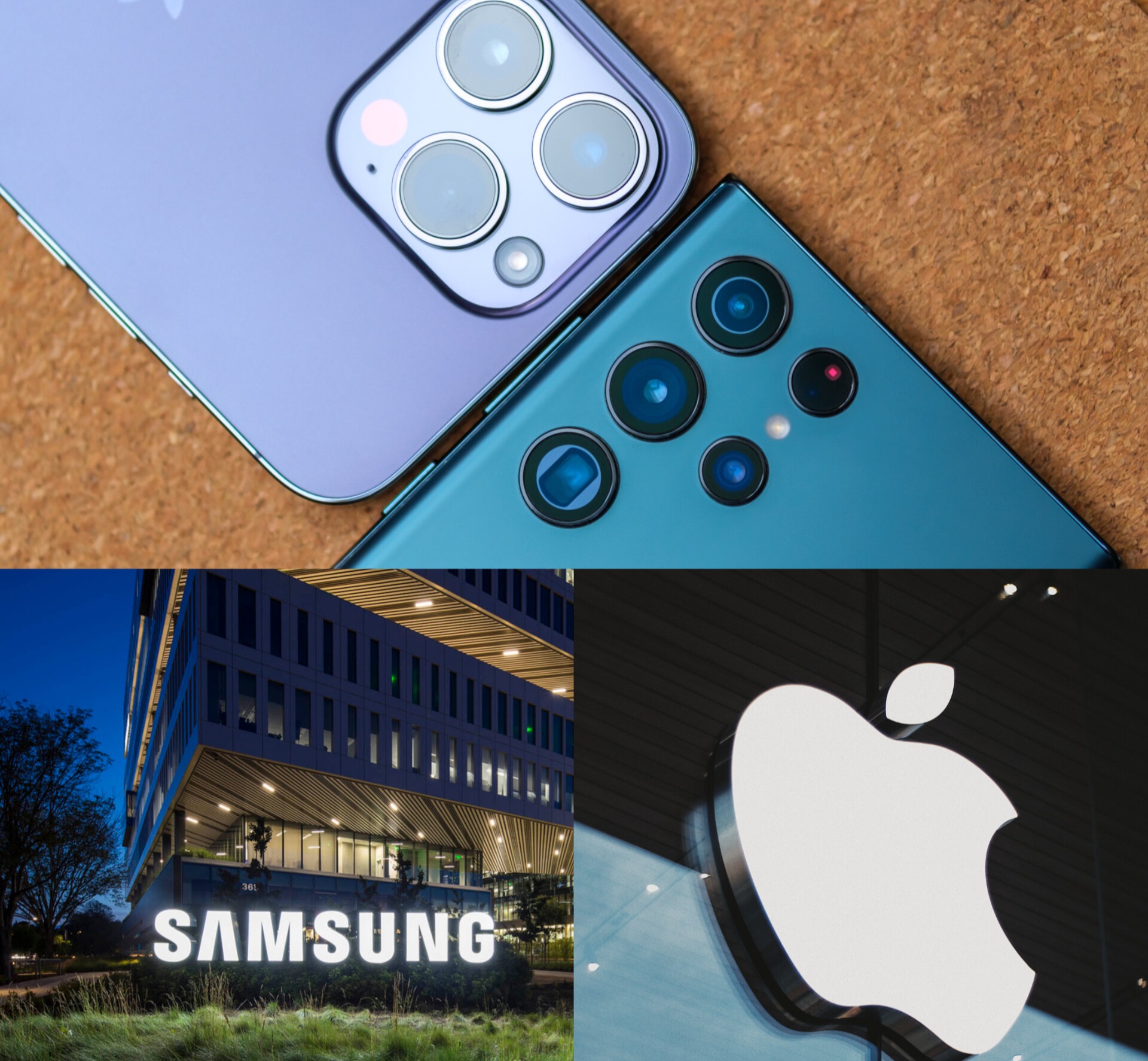Apple’s iPhone shipments fell by a bigger-than-projected 10 percent in the March quarter reflecting flagging sales in China despite a broader smartphone industry rebound.
The iPhone-maker's steep sales decline comes after its strong performance in the December quarter when it overtook Samsung as the world's No.1 phone maker. It's back to the second spot, with 17.3 percent market share, as Chinese brands such as Huawei gain market share.
Apple loses crown to Samsung as iPhone shipments fall:
Global smartphone shipments increased 7.8 percent to 289.4 million units during January-March, with Samsung, at 20.8 percent market share, clinching the top phone maker spot from Apple
There are several factors that contribute to the competition between Apple and Samsung in the smartphone market.
One factor is the range of products offered by each company. Samsung offers a wide variety of smartphones at different price points, appealing to a broader range of consumers. Apple, on the other hand, has a more limited product lineup, with a focus on premium devices.
Another factor is the operating systems used by the two companies. Apple's iOS is exclusive to its own devices, while Samsung uses the Android operating system, which is used by many other smartphone manufacturers. This gives Samsung access to a larger user base and a wider ecosystem of apps and services.
Additionally, marketing and brand perception play a significant role. Samsung has been known for aggressive marketing and a wide range of advertising campaigns, which has helped it gain visibility and market share.
It's important to note that the competitive dynamics of the smartphone market are complex and involve many other factors, including technological innovation, design, distribution channels, and customer loyalty.

